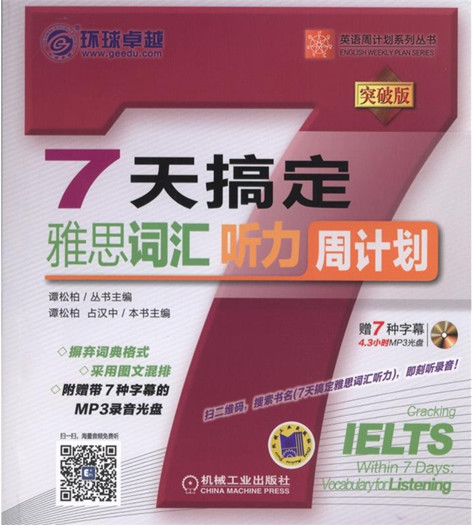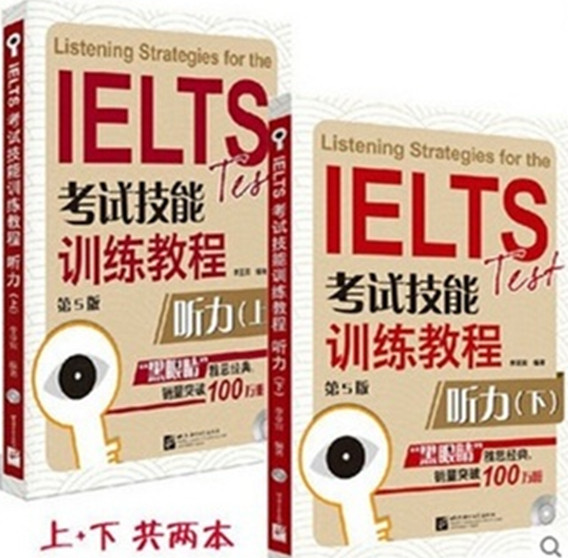Rather than resisting or criticising this trend, increasing numbers of Australian doctors, particularly younger ones, are forming group practices with alternative therapists or taking courses themselves, particularly in acupuncture and herbalism. Part of the incentive was financial, Dr Laver said. 'The bottom line is that most general practitioners are business people. If they see potential clientele going elsewhere, they might want to be able to offer a similar service.'
In 1993, Dr Laver and his colleagues published a survey of 289 Sydney people who attended eight alternative therapists' practices in Sydney. These practices offered a wide range of alternative therapies from 25 therapists. Those surveyed had experienced chronic illnesses, for which orthodox medicine had been able to provide little relief. They commented that they liked the holistic approach of their alternative therapists and the friendly, concerned and detailed attention they had received. The cold, impersonal manner of orthodox doctors featured in the survey. An increasing exodus from their clinics, coupled with this and a number of other relevant surveys carried out in Australia, all pointing to orthodox doctors' inadequacies, have led mainstream doctors themselves to begin to admit they could learn from the personal style of alternative therapists. Dr Patrick Store, President of the Royal College of General Practitioners, concurs that orthodox doctors could learn a lot about bedside manner and advising patients on preventative health from alternative therapists.
According to the Australian Journal of Public Health, 18% of patients visiting alternative therapists do so because they suffer from musculoskeletal complaints; 12% suffer from digestive problems, which is only 1% more than those suffering from emotional problems. Those suffering from respiratory complaints represent 7% of their patients, and candida sufferers represent an equal percentage. Headache sufferers and those complaining of general ill health represent 6% and 5% of patients respectively, and a further 4% see therapists for general health maintenance.
The survey suggested that complementary medicine is probably a better term than alternative medicine. Alternative medicine appears to be an adjunct, sought in times of disenchantment when conventional medicine seems not to offer the answer.
- 05-22·2018雅思阅读模拟题精选及答案汇总
- 02-20·2018雅思阅读模拟题精选及答案(十五)
- 02-20·2018雅思阅读模拟题精选及答案(十四)
- 02-20·2018雅思阅读模拟题精选及答案(十三)
- 02-20·2018雅思阅读模拟题精选及答案(十二)
- 12018-05-222018雅思阅读模拟题精选及答案汇总
- 22018-02-202018雅思阅读模拟题精选及答案(十五)
- 32017-11-072017年雅思阅读模拟题:极光
- 42017-07-122017年雅思阅读模拟题及答案解析汇总
- 52017-07-112017年雅思阅读模拟题及答案解析(七)
编辑推荐
- 模拟试题
- 历年真题





